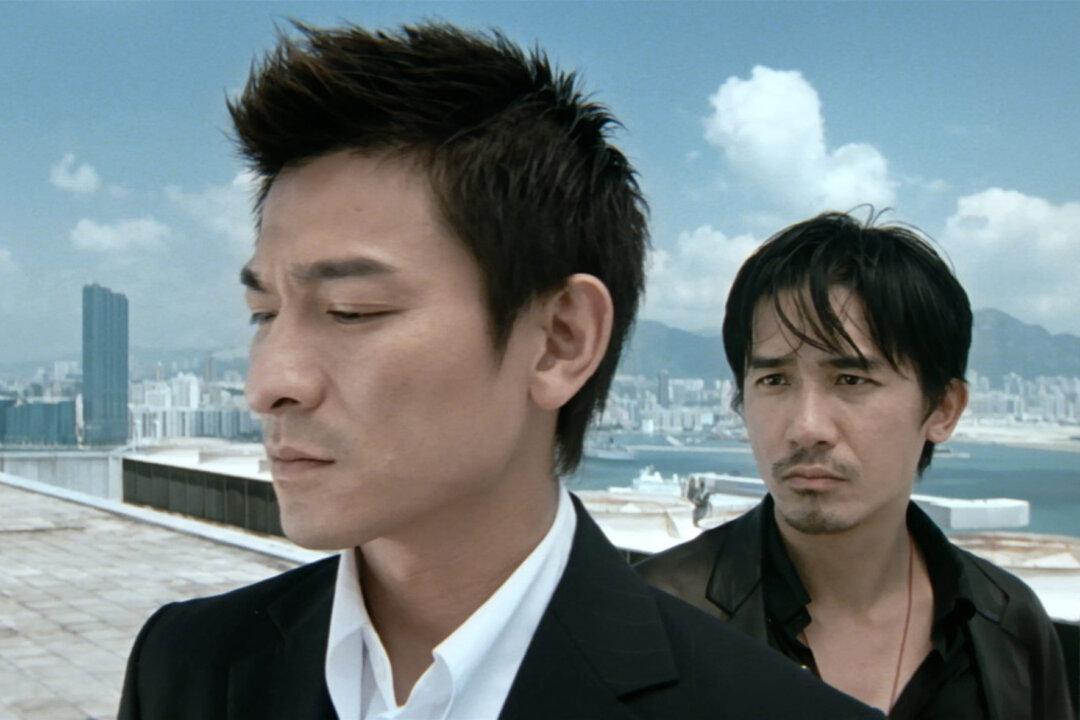NR | 1h 41m | Action, Crime, Drama | 2004
The 1980s was an incredible decade for filmmaking in Hong Kong. The area had rapidly modernized and was in the midst of a financial boom that had started in the 1970s. This period of rapid growth coincided with what many regard as the height of Hong Kong cinema.






